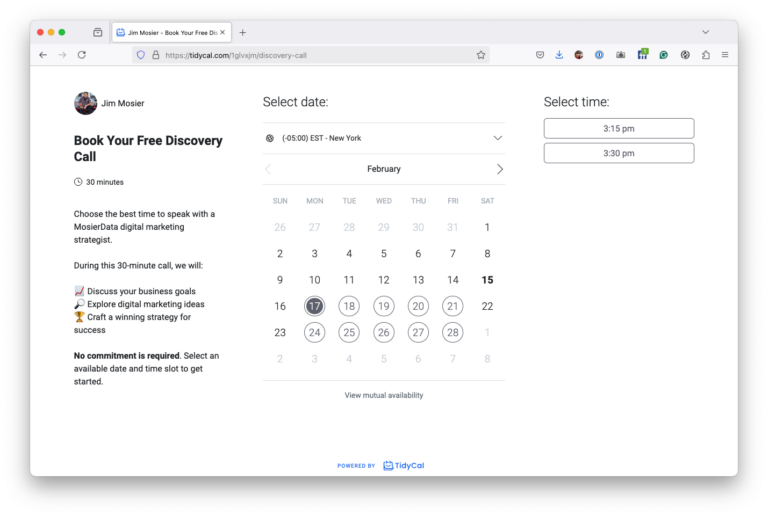The prominent players in e-commerce such as Amazon and Walmart were the apex predators with conversions through mobile devices. These mammoth corporations had the capital and means to assure that their sites were the quickest loading on mobile devices. Smaller companies were left scavenging for the e-commerce the scraps. It was too expensive or difficult for small businesses and startups to have pages that loaded quickly on mobile devices. Then other large retailers with a global clientele such as Target optimized their sites for blinding loading speeds on mobile devices. This, in turn, shut out even more small retail businesses from competing in e-commerce their ultimate demise.
Mobile device usage continues to see exponential increases, the ability to make sales on a smartphone or tablet became of undeniable importance. Statista projects that 49% of all e-commerce sales in 2020 will be done on mobile devices. There was no way for small to medium-sized stores on main-street and in malls to survive if they were incapable of branching out into e-commerce sales. Retail sales have declined sharply over the last decade. Optimizing their websites for mobile devices was altogether too complex and too costly; until accelerated mobile pages (AMP) came into the picture. With this change, small businesses and startups have a chance against their colossal competitors. How did AMP level the playing field? Let’s take an in-depth look.
It seems that every year, users expect web pages to load faster and faster. At the moment, a user will wait only two seconds for a page to load according to Google. This user expectation is of key importance to why AMP matters. AMP is essentially a stripped-down version of hypertext markup language (HTML) with only the minimum amount code needed to load the page being used. Less code causes briefer load times on mobile devices. AMP is open-sourced, so it is no cost for anyone to use, so smaller company’s don’t have to pay excessive prices for software to use AMP.
So, for no cost, a startup or small business can see their webpage load at the same rate as a multi-billion dollar company. AMP is easy for some with HTML experience to understand, but if you have not worked with HTML, it is a good idea to use an agency that can enable AMP for you. The increased competition from AMP gives consumers wider choices and saves them from only being able to shop online from a couple of sources; this effect translates into improved sales for small businesses who use AMP.
An additional benefit of AMP is better page load speed on mobile devices, which means lower bounce rates for your website. AMP also is acknowledged by search engines as being mobile-friendly; that means greater search engine return page (SERP) rankings. Using an agency that can improve your SEO campaigns along with instituting AMP, will lead to higher SERP results for your company.
AMP tools have analytics that allows your company to track the way your customers arrived at your site and then apply them to your SEO endeavors.
Regardless of how big your business is, it’s obvious, if you don’t use AMP, you will lag behind your competition in sales and brand recognition. Now is the time to take full advantage of the trend of smaller e-commerce companies adopting AMP and compete on a level playing field with your competitors, big and small.

